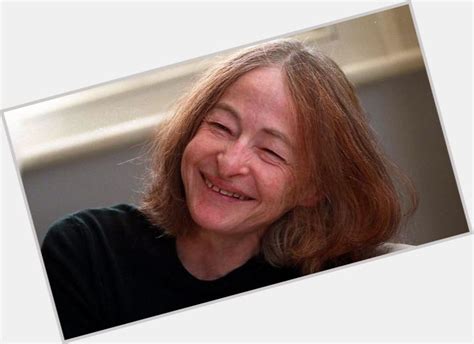Madeline St John (1941-2006), pronounced “sin-gin,” is a writer who never caught on in the United States, and I’m not sure why. Perhaps it was her early death in 2006. When Carroll & Graf published three of her novels in the late 90s, I was certain American readers would be intrigued by this writer whose Anglicanism and Britishness, though born in Australia, is both charming and morally serious. She published only four novels before her death, The Women in Black (1993), A Pure Clear Light (1996), The Essence of the Thing (1997), and Stairway to Paradise (1999). Her work deserves to be widely read by those traditional readers who are in the habit of recommending only writers now long-deceased.
To my mind, St John deserves to be grouped with writers such as Ron Hansen, Donna Tartt, Oscar Hijuelos, Jon Hassler, Marilynne Robinson, and the Swede Torgny Lindgren — whose literary achievements have been widely recognized in spite of rather traditional moral and spiritual attitudes. St John would undoubtedly be surprised to find herself mentioned in such company. Her books contain nothing of the historical gravitas, for example, of Hansen’s Hitler’s Niece (2000), the exotic lyricism of Hijuelos’s Empress of the Splendid Season (1999), or the confessional realism of Lindgren’s masterwork Sweetness (translated and published in 2011). The comparison to Marilynne Robinson, however, is more apt. Robinson’s four novels, the latest being the award-winning Lila (2014), are situated domestically and address matters of faith directly.
St John’s books are disarming in a way the others are not: Her characters inevitably, under the pressure of life-changing events, calmly pause for tea. Composed entirely of short chapters, filled largely with dialogue, her novels begin with the offhandedness of a soap opera and end with the wallop of an Ibsen play.
I suggest starting with A Pure Clear Light — it traces the return to Christianity of Flora, whose husband Simon is carrying on a red-hot affair with Gillian. The halting steps of Flora toward her recovery of faith are convincingly presented. Her two children accompany their mother to church but are puzzled by her sudden change of habits. Her daughter finally asks why she should go to church: “‘Because,’ said Flora, ‘there are two possible worlds, the one in which Jesus is real, and the one in which he is not, and it actually does matter which of these two worlds you believe you’re living in.’” The emptiness of the relationship with Gillian is gradually revealed to Simon by the “clear light” of Flora’s example.
Another reflection on the difference between love and narcissism is found in The Essence of the Thing, nominated for the Booker Prize in 1997. This tale is both more acerbic and troubling than A Pure Clear Light. It begins with the sudden and unexplained breakup of a relationship that appeared, to both family and friends, headed for the altar. In Jonathan’s decision to leave Nicola, the exposure of his shallowness, and, especially, the onslaught of Nicola’s painful loneliness, St John catches the sad spectacle of serial relationships devoid of marital purpose. After Jonathan moves his things out of their apartment, Nicola returns to her bedroom, “a habitation now only for denial, desolation and grief: for whatever dark spirits are sucked into the vacuum left by the departure of tenderness, love and trust.”
In St John’s last published work A Stairway to Paradise (1999) Alex, a married journalist, and Andrew, a newly divorced academic, duel for the favors of the India-bound Barbara. As in her previous novels, St John explores the reasons men cheat on, and sometimes leave behind, the women who have loved them and borne their children. All the men in St John’s fiction create capsules of insulated time and space where their false loves can gestate. The women grow tired of this fantasy, as in the case of Barbara telling Alex she can no longer pretend their affair does not affect his wife and children: “It’s not separate from the rest of our lives, or the rest of our selves, or the rest of the world,’ she said. ‘It only feels as if it is. That’s the whole point of it. Don’t you see?’”
St John is not timid: Her characters talk about choosing between a world where Jesus is real or He is not, and they come to conclusions about what real love may allow and what it will not. Yet in spite of grappling with the big issues, her writing remains lithe and lively, her ear for the moral undertones of conversation unparalleled in this generation of writers.















Thanks Deal, will have to look into this author. I liked what she said about the reality of Jesus…..I suppose to truly live ones faith is a form of mindfulness.
Peace
mark
Like that statement, that you either live in the reality of Jesus or not. Its not being wishy washy as Jesus did not want followers who were lukewarm.”Eat my body and drink my blood “, Jesus said and separated the believing follower from the non-believing non-follower.
“If you love me keep my commandments” Jesus said and separated the lip-serving from the action-serving believers.
I trust you Jesus.